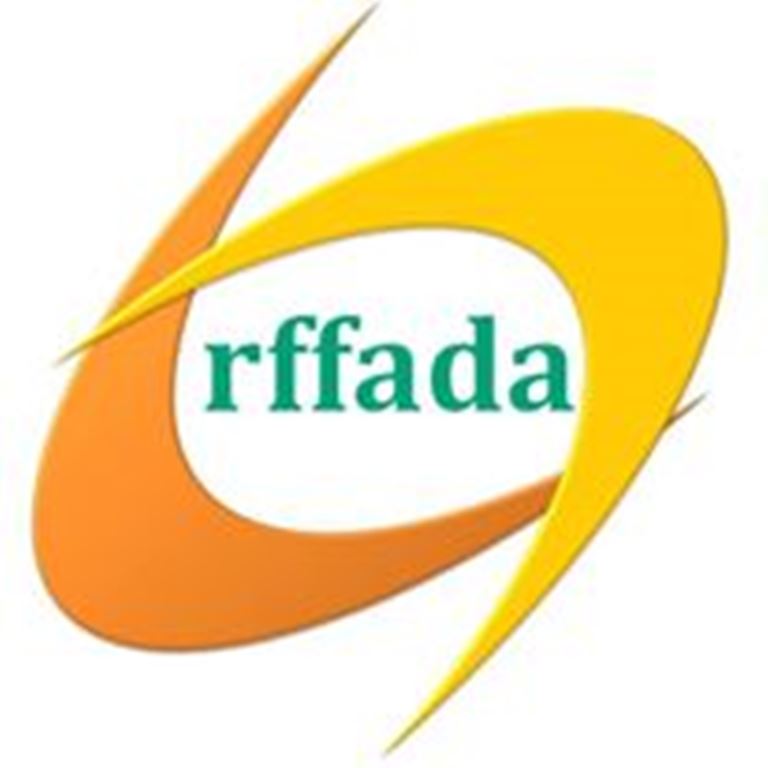Frontiers in Cellular Neurosci. Sec. Cellular Neurophysiology – Expression of placental CD146 is dysregulated by prenatal alcohol exposure and contributes in cortical vasculature development and positioning of vessel-associated oligodendrocytes
Recent data showed that prenatal alcohol exposure (PAE) impairs the “placenta-brain” axis controlling foetal brain angiogenesis in human and preclinical models.
https://www.frontiersin.org/articles/10.3389/fncel.2023.1294746/abstract
Alcohol Clin Exp Res – Pregnancy characteristics and outcomes among birthing individuals with a diagnosis of fetal alcohol syndrome. These findings highlight the need for improved recognition of FAS among birthing people. The results suggest that individuals with FAS would benefit from early and sustained medical care prior to pregnancy to optimize perinatal outcomes.
https://pubmed.ncbi.nlm.nih.gov/38073003/
Archives of Public Health – The role of general practitioners in Reunion in detecting alcohol use in pregnant women and identifying fetal alcohol spectrum disorder: a qualitative study. GPs reported barriers to the identification of FASD: challenges in overcoming social taboos and paradoxical injunctions, the influence of limited knowledge and experience, non-specific and highly variable symptoms, ambiguous classification and method of diagnosis involving the mobilization of a multidisciplinary team and lengthy consultations.
https://link.springer.com/article/10.1186/s13690-023-01221-0
The Journal of Pediatrics – Normative MRI Data Increase the Sensitivity to Brain Volume Abnormalities in the Classification of Fetal Alcohol Spectrum Disorder
Age- and sex-adjusted brain volumes based on a large normative dataset may be useful predictors of functional outcomes and may identify a greater number of individuals with FASD than the currently used criterion of OFC.
https://www.sciencedirect.com/science/article/abs/pii/S0022347623007321
Frontiers in Neuroscience – Editorial: Perspectives and recent advances in Fetal Alcohol Spectrum Disorders research. This Frontiers in Neuroscience Research Topic entitled “Perspectives and recent advances in Fetal Alcohol Spectrum Disorders research” was launched shortly after the 45th Annual Research Society on Alcohol Scientific Meeting held in Orlando, Florida from June 25–29, 2022.
https://www.frontiersin.org/articles/10.3389/fnins.2023.1341186/full
The American Journal of Clinical Nutrition – Polymorphisms in the choline transporter SLC44A1 are associated with reduced cognitive performance in normotypic but not prenatal alcohol-exposed children
Two functional alleles that increase vulnerability to choline deficiency, rs3199966(G) (Ser644Ala) and rs2771040(G) (3′ untranslated region), are associated with worsened cognition in otherwise normotypic children.
https://www.sciencedirect.com/science/article/abs/pii/S0002916523661775
Alcohol: Clinical and Experimental Research – Predicting fetal alcohol spectrum disorders in preschool-aged children from early life factors
As early identification and treatment optimize outcomes of children with FASD, classifier models from early life characteristics show promise in predicting FASD.
https://onlinelibrary.wiley.com/doi/full/10.1111/acer.15233
JAMA Network – Brain Volume in Fetal Alcohol Spectrum Disorders Over a 20-Year Span
These findings suggest that a sustained spectrum of brain volume deficits endured from adolescence into early middle age based on the original severity of dysmorphia and a diagnostic distinction between fetal alcohol syndrome and alcohol-related neurodevelopment disorder.
https://jamanetwork.com/journals/jamanetworkopen/fullarticle/2812098?guestAccessKey=8f5de632-06be-4d5d-996c-073124364359&utm_source=jps&utm_medium=email&utm_campaign=author_alert-jamanetwork&utm_content=author-author_engagement&utm_term=1m
Forensic Science International: Mind and Law – ‘I inevitably get in trouble … in one way or another’: Qualitative exploration of the vulnerabilities and experiences of justice system encountered individuals with fetal alcohol spectrum disorder
Individuals with FASD are highly vulnerable to, and within, encounters with the CJS. Procedural justice will benefit by employing alternative methods in dealing with situations where individuals with FASD may be involved, and in obtaining information via interviews from the FASD population.
https://www.sciencedirect.com/science/article/pii/S2666353823000103
Journal of Public Health – Identifying the motives for and against drinking during pregnancy and motherhood, and factors associated with increased maternal alcohol use
Stress reduction motives may be a risk factor for heavier maternal drinking, while motives for not drinking seem to be focused on child welfare and maternal well-being.
https://link.springer.com/article/10.1007/s10389-023-02141-7#:~:text=Conclusion,to%20change%20their%20drinking%20behaviour

